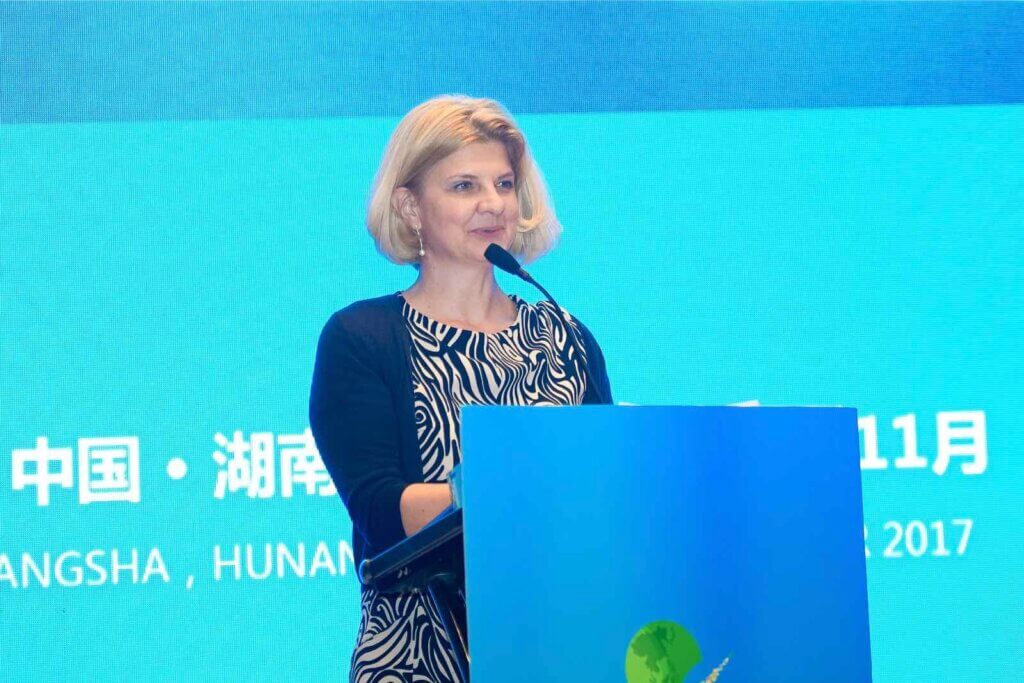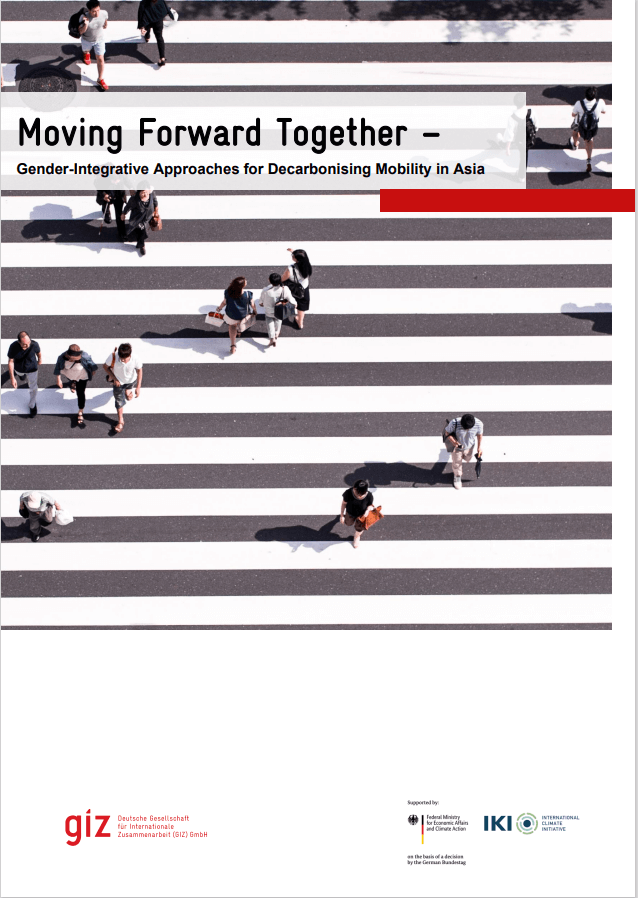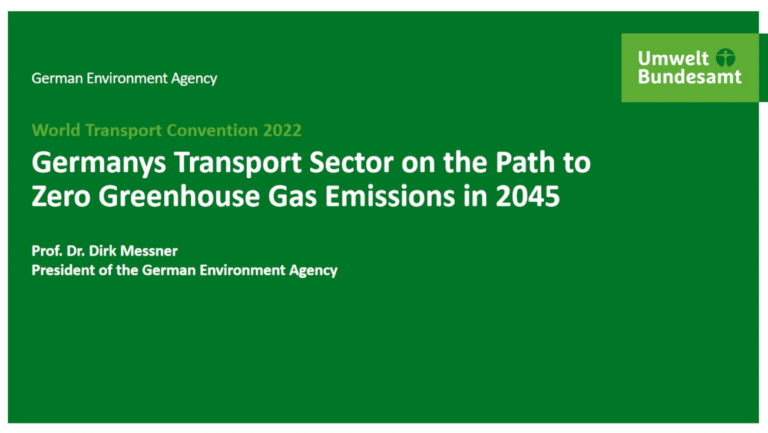Co-hosted by Asian Development Bank (ADB) and Hunan’s Provincial People’s Government, the second Asia-Pacific Forum on Low Carbon Technology 2017 – Transitioning towards Sustainable Low-Carbon City Development successfully took place from November 29th to 30th in Changsha, the capital city of Hunan province.
The forum is to introduce the most advanced LCTs and exchange global experience and lessons in developing low carbon cities through LCT innovation and investment. Healthier and more sustainable, low carbon cities with improved air and water, less pollution and waste, better-designed buildings and public spaces, and clean transport are most needed globally. Through the main sessions, round-table discussions, bilateral talks, the forum covered four themes: (1) practical policies for low carbon technologies (LCT) investment, (2) innovative financing instruments for LCT investment, (3) roadshow of promising and feasible LCTs, and (4) innovative partnership for LCT cooperation. The forum highlighted showcases on global, regional and countrywide success stories and experiences in promoting the LCT development and investment, stimulating partnership and cooperation in LCT development and boosting both North-South and South-South transfer of LCTs.
As one of the co-sponsors, GIZ fully supported this event with coordinating and inviting cross-sectoral experts in energy, urbanization and transport sectors focusing on the German experience. During the opening plenary, Sandra Retzer, Head of Cluster Sustainable Urbanization, Transport and Energy carried out a speech representing GIZ. In her opening remarks, Sandra pointed out the challenges and the pressure for climate action we are facing. However, she also stressed that the innovation power of the urban creative class, and their ability to create bottom-up dynamics in order to overcome traditional mindsets, along with the opportunities of Digitalization and Big Data, offer new ways to not only better understand our behavioral patterns and to explore potentials for system optimization and efficiency, but to implement a holistic change in line with social acceptance. Referring to the existing successful GIZ Sino-German cooperation in the areas of sustainable urbanization, transport and energy, Sandra emphasized the importance of allying and acting in an inter-sectorial and multidisciplinary way to achieve the positive changes. “Only when we explore and use synergies can we fully exploit potentials and make a low carbon future happen”, emphasized Mrs. Retzer.
The Forum attracted around 300 participants representing governments, business people, academic institutions, think tanks and international organizations involved in low carbon cities and low carbon technology development.





